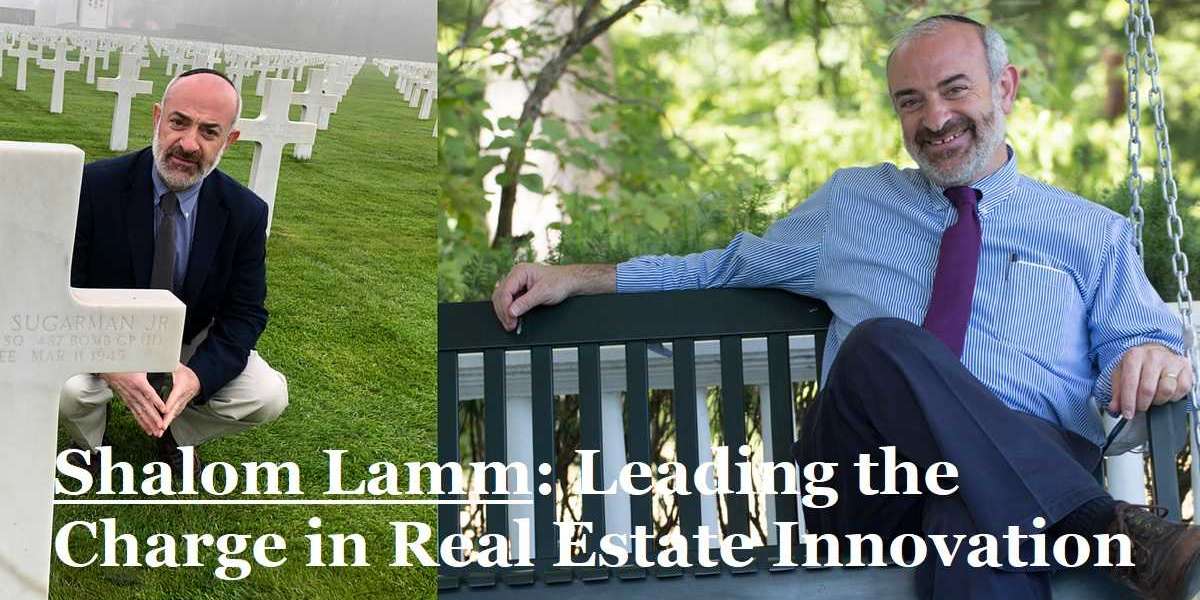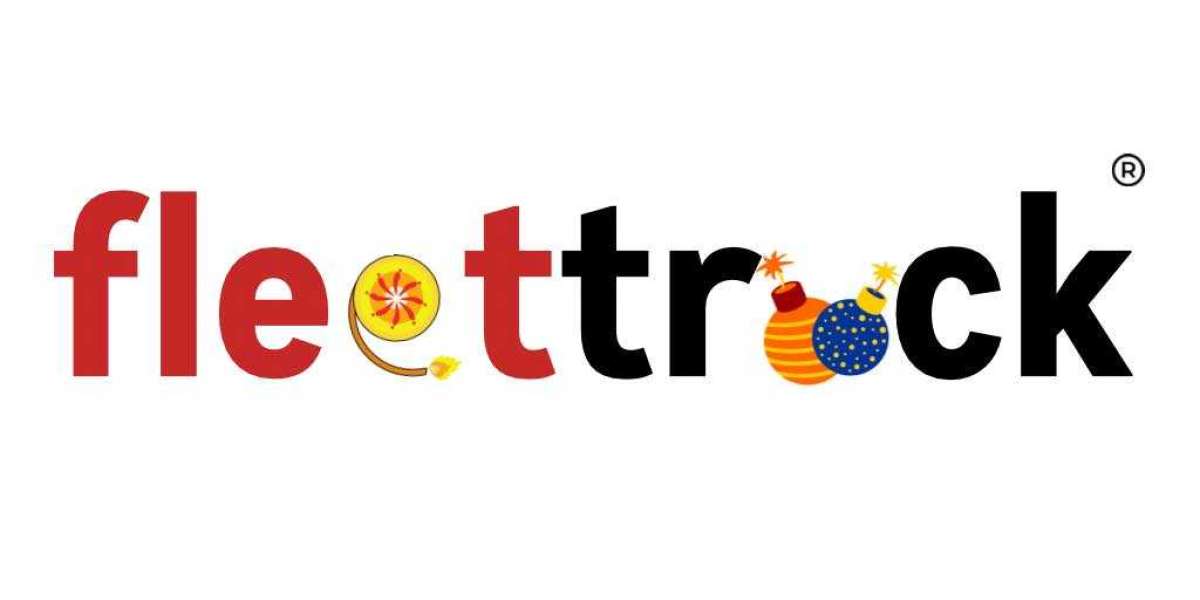Every relationship experiences disagreements and clashes. It's inevitable when two lives intersect. The intensity of love doesn't guarantee smooth sailing; in fact, closeness can sometimes magnify differences. The key to weathering these storms lies not in avoiding conflict, but in learning to navigate it constructively. This journey begins with understanding acceptance and how it impacts our connections.
Acceptance: The Cornerstone of Connection
Acceptance means seeing your partner for who they truly are, flaws and all. It's about acknowledging and appreciating their unique qualities, just as a therapist offers unconditional acceptance to a client to build a foundation for healing.
Embracing Your Partner: Acceptance is choosing not to mold your partner into someone they're not. It's recognizing their autonomy and trusting their ability to make choices. It also means letting go of the idea that you always know what's best for them.
Celebrating Differences: Acceptance doesn't require identical personalities or interests. Vibrant relationships thrive on diversity. Acceptance allows you to appreciate your partner's individuality while cherishing the things that bind you together.
Beyond Acceptance: Different Shades of Approval
Psychologists categorize acceptance into three types:
Unconditional Acceptance: This is the purest form of acceptance, loving your partner simply because they exist. It's a deep affection that doesn't depend on actions or achievements.
Conditional Acceptance: Here, your love hinges on certain conditions. You might say, "I'll love you if..." This creates an unhealthy dynamic where affection feels transactional.
Indulgence: This isn't true acceptance; it's excessive permissiveness. Ignoring your partner's wrongdoings or constantly making excuses for them hinders their growth and creates an imbalanced relationship.
The Seeds of Misunderstanding and When to Seek Help
So, why does acceptance falter, leading to conflict? Here are some common reasons:
Confusing Acceptance with Rejection: Some people weren't shown unconditional love in their childhood. They may unconsciously replicate this pattern, resorting to criticism or manipulation instead of acceptance.
Internal Conflicts: Our inner struggles can project onto our partners. For example, someone who constantly suppresses their emotions might be irritated by a spontaneous and expressive partner.
Past Trauma: Unhealed wounds from past relationships can color our present ones. Someone hurt by a previous partner might struggle to trust again.
Lack of Empathy: Understanding your partner's perspective is crucial. Inability to step into their shoes can breed resentment and distance.
Misinterpretations: Assumptions and mind-reading often lead to misunderstandings. We might attribute our own feelings or needs to our partner, creating unnecessary conflict.
If you find yourselves constantly struggling with these issues, or if your attempts to communicate and build acceptance seem ineffective, consider seeking professional help. A therapist can provide a safe and supportive space to explore the root causes of your struggles and develop healthy communication patterns. They can also equip you with tools for managing conflict constructively and fostering a more fulfilling relationship.
Building Stronger Bonds
While disagreements are inevitable, they don't have to shatter your relationship. By recognizing the reasons behind non-acceptance and fostering genuine acceptance, you can build stronger, more resilient bonds. Learning to communicate openly, practicing empathy, and seeking help from a mental health specialist, such as a psychologist, therapist, or counselor, can all contribute to a more fulfilling and harmonious relationship. Remember, even the strongest relationships require work, and a therapist can provide valuable tools and guidance for navigating challenges and fostering deeper connection.








